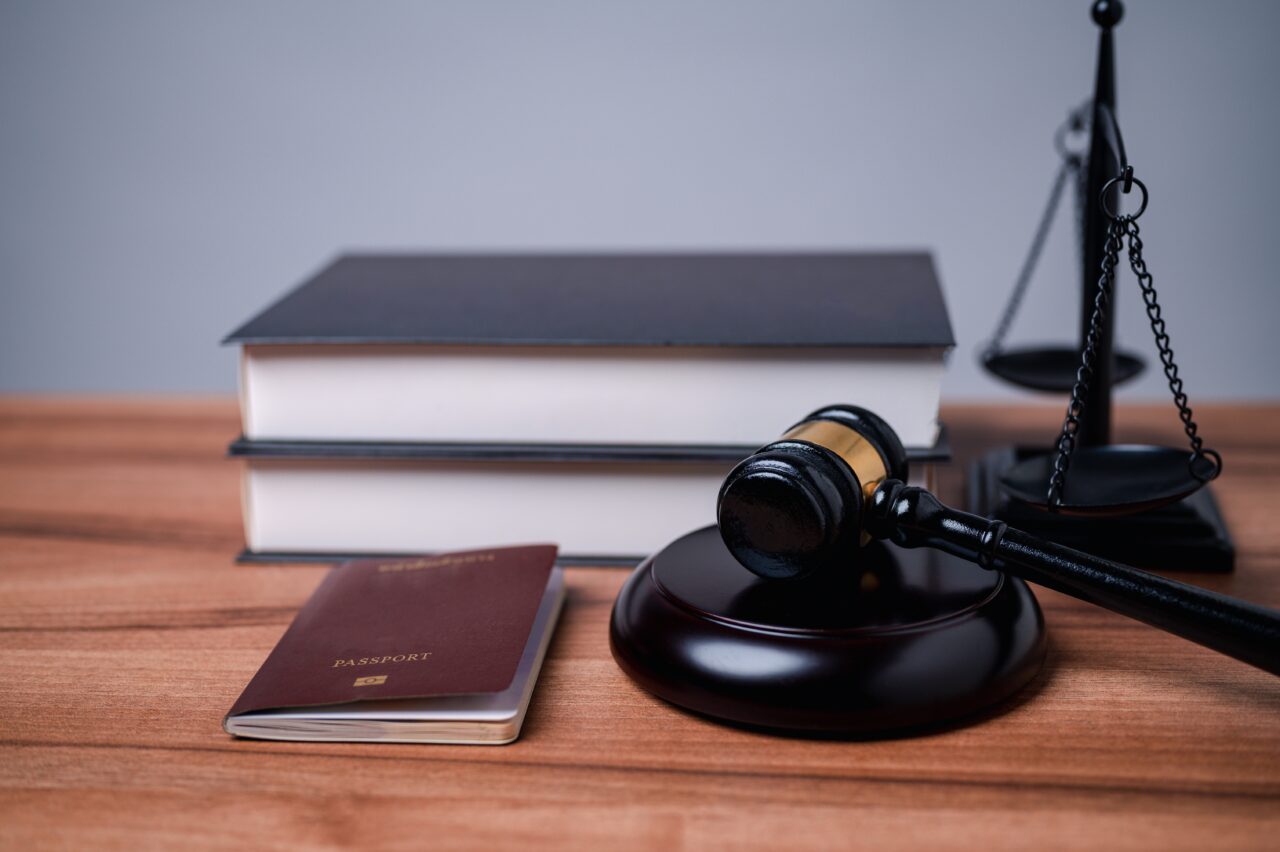Ethics Opinion 1276: Fake social media accounts offering legal services
10.28.2024

Opinion 1276 (10/23/2024)
Topic: Fake social media accounts offering legal services
Digest: A lawyer who knows that an unknown or unidentified person is creating fake social media accounts in order to scam the public has no duty under the Rules of Professional Conduct to take any action to combat the fake accounts.
Rules: 3.3(a)(3) & (b), 8.3(a), and 8.4(a)-(c)
FACTS:
- The inquirer (“Inquirer”), an immigration lawyer, maintains a social media account. On this account Inquirer creates and posts videos explaining various aspects of the immigration process. However, certain unknown imposters and scammers have used Inquirer’s name, photo, and immigration videos to create fake accounts on the same social media platform. People who see the videos posted on a fake account may be tricked into paying supposed legal fees to the person operating the fake account, thinking they are retaining Inquirer, but the fake accounts provide no legal services (or any other services), so the would-be clients lose their Inquirer does not know who these imposters and scammers are but he has reported these fake accounts to the social media platform and has asked the platform to remove them. So far, the platform has not removed or blocked the fake posts or fake accounts.
- Inquirer has created and posted videos on his own social media page warning prospective clients not to fall for scams like the fake accounts, but he wants to know if he must take additional
QUESTION:
- Does a lawyer have any ethical obligations with regard to fake social media accounts in which scammers use the lawyer’s social media videos to attract clients?
OPINION:
- We first consider whether Inquirer is engaging in any affirmative misconduct. Rule 8.4 (“Misconduct”) provides, in pertinent part, that a lawyer or law firm “shall not”:
(a) violate or attempt to violate the Rules of Professional Conduct, knowingly assist or induce another to do so, or do so through the acts of another;
(b) engage in illegal conduct that adversely reflects on the lawyer’s honesty, trustworthiness or fitness as a lawyer;
(c) engage in conduct involving dishonesty, fraud, deceit or misrepresentation ….
- The Inquirer is not doing any of these things. Instead, he is the victim of misconduct by others (who may not even be lawyers), and those others – over Inquirer’s objection – are engaging in improper conduct. Far from assisting or inducing the scammers to engage in this conduct, Inquirer is trying to impede or stop the scammers and to warn the public about He therefore is not violating Rule 8.4(a)-(c).
- We next consider whether Inquirer is engaging in misconduct by failing to take more robust action to counteract or stop the fake accounts. Only a few provisions in the New York Rules of Professional Conduct (the “Rules”) require a lawyer to report misconduct. In our view, these provisions do not apply here.
- Rule 3.3(a)(3) provides that lawyers who come to know that they have offered false material evidence to a tribunal must “take reasonable remedial measures, including, if necessary, disclosure to the tribunal.” This provision does not apply here because Inquirer has not offered the fake videos (the false evidence) to a tribunal.
- Rule 3.3(b) provides that lawyers who represent a client before a tribunal and who know that a person “intends to engage, is engaging or has engaged in criminal or fraudulent conduct related to the proceeding” must “take reasonable remedial measures, including, if necessary, disclosure to the tribunal.” The Inquirer here knows that some unidentified “person” is engaging or has engaged in criminal or fraudulent conduct, but Rule 3.3(b) does not apply because that criminal or fraudulent conduct is not related to any pending “proceeding.”
- Rule 8.3(a) provides that a lawyer who “knows that another lawyer has committed a violation of the Rules of Professional Conduct that raises a substantial question as to that lawyer’s honesty, trustworthiness or fitness as a lawyer shall report such knowledge to a tribunal or other authority empowered to investigate or act upon such violation.” This provision does not apply here because the Inquirer does not know whether any person creating fake social media accounts is a lawyer.
- Thus, the three provisions of the Rules of Professional Conduct we have identified that require a lawyer to report various kinds of misconduct do not apply to the situation Likewise, no other provision in the Rules would require Inquirer to take action to combat the fake social media accounts at issue here.
CONCLUSION:
- A lawyer who knows that some unknown or unidentified person is creating fake social media accounts in order to scam the public has no duty under the Rules of Professional Conduct to take any action to combat the fake accounts.
(21-24)






